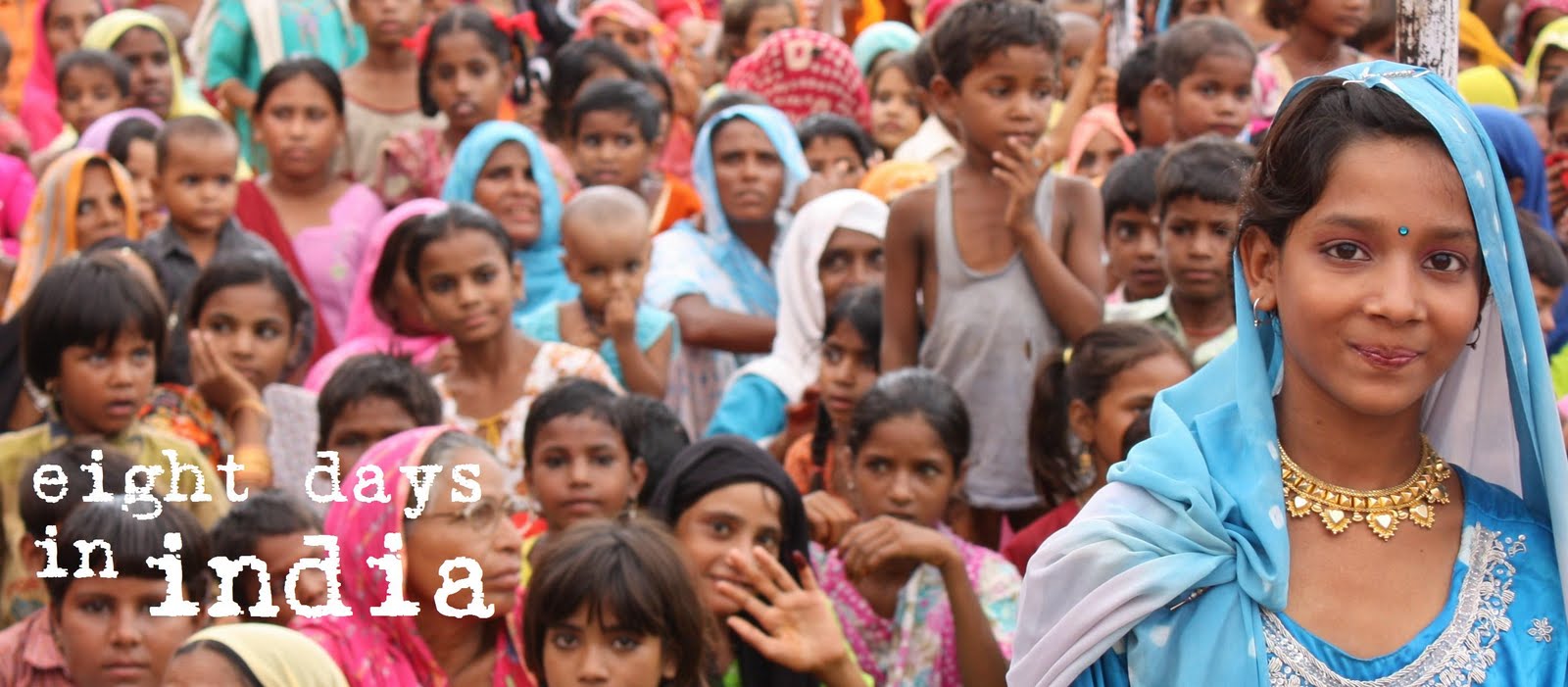We'd seen stickers on the back of rick-shaws here saying 'Capacity: 3 Idiots'. We'd seen health insurance advertisements on TV using clips from the movie to promote their products. And we had had many conversations about our favourite actors with many people telling us about how much they love Aamir Khan. I'd also knodded and agreed with their choice – while having no idea who Aamir Khan was. So, when we were struggling home after a hugely satisfying Christmas lunch at the Taj and walked past the Regal Cinema which is across the road from our place, we jumped at the chance to see our first Indian movie and find out more about this infamous Aamir Khan. When we bought our tickets, the man behind the counter said to us, 'Hindi film. No english. No subtitles.' Calmly and cooly we told him this was 'no problem.' And by no problem we meant – very very big problem. Neither of us speaks a word of Hindi. We were enlisting ourselves to sit for three and a bit hours through a film in a language we don't understand?! We made a back-up plan that involved making a run for it at the interval if we were hating it that much.
Returning to Regal Cinema two hours later, we couldn't get within fifty metres of the entrance due to the crowds. And although there was allocated seating, there were a thousand Indians who were pushing towards the entrance like they were fighting to make it onto the fast train at Churchgate station. It was chaos. After going through the metal detectors we made our way into the cinema. It wasn't a carpeted, curtained wall style cinema. It was a theatre. As in get the musical number out. There was a big beautiful stage and a second level 'dress circle' style. The theatre was packed. We'd lucked out on some of the last tickets and so were three rows from the front. And so.. our Indian film debut began.
No two people have ever loved anything more than we loved 3 Idiots. We didn't even get up from our seats at interval as we were too scared it would start again before we were back and we'd miss some. A guy behind us leant over and asked us (first in Hindi, then repeating in English), 'You speak Hindi? You understand?' Obviously the fact that we didn't understand his question gave him the answer he needed. We don't speak Hindi. 'But you laughed the entire time!' Yes. Convulsed with laughter. Laughed so hard we embarrassingly snorted multiple times. And the truth is, in the entire three hours we didn't understand everything. But we understood most of the film. (And when Dani and I swapped stories at the end we'd both interpreted it in the same way – proof that we understood it all if you ask me.) And when we weren't laughing at the sillyness happening on stage, we were laughing at the tough Indian men surrounding us who were squealing with laughter, booing, cheering, clapping and giggling throughout the 3 hours of Hindi crazyness.
Over three hours they went through about twelve different stories. But essentially it was about three guys in college causing chaos, drinking too much and pissing off people. It was fabulous. It was a really positive movie with the catchphrase 'All is Well.' (A little like the Hakuna Matata motto of the Lion King.) Even more fabulous than the song and dance sessions was the infamous Aamir Khan. For a man that all of India is in love with, he wasn't as dashing as I had expected and he's in his forties. But importantly, he doesn't sport the traditional Indian moustache that scares me. And so after three hours of laughing at him, three hours of him singing and three hours of him crying in every second scene, I have to say I have a serious Aamir Khan obsession. Like out of control, giggly school girl crush. So much so that I scan the papers everyday for photos of him. Luckily India is as obsessed with him as I am and so I get my daily fix without fail. He is also on every second advertisement on Indian TV. And Brett Louise is ashamed to say that while walking down the supermarket aisles today a few Aamir Khan endorsed items fell into my shopping basket.
Now have two new loves: Indian movies and Aamir Khan. And I'll be going back for more of both.
All is well.

















